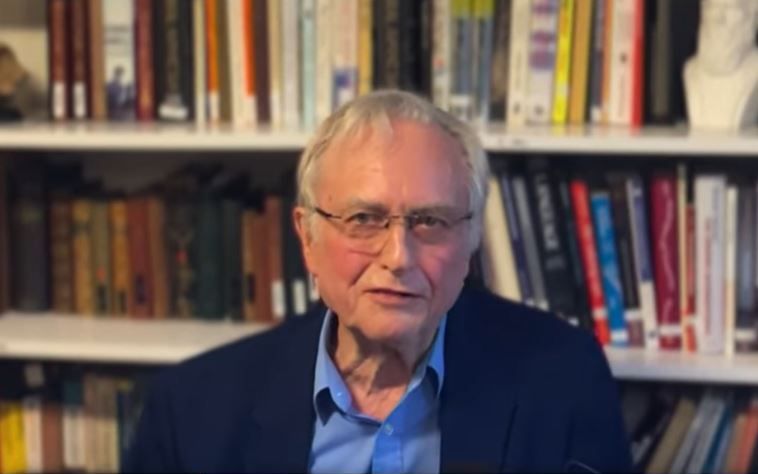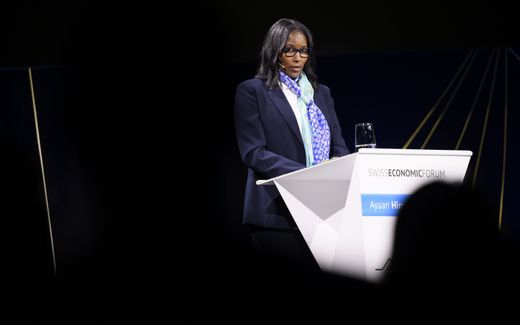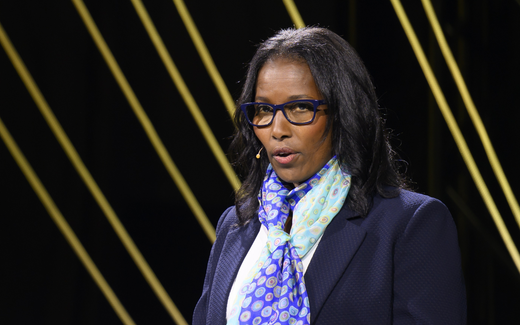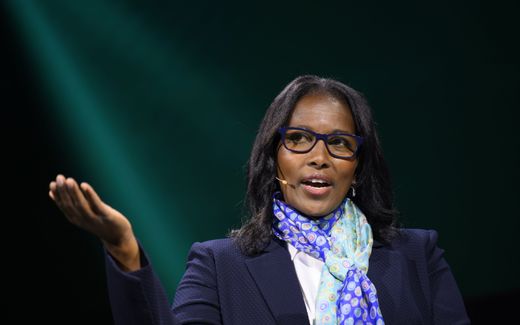Why Dawkins as a cultural Christian is not an ally for believers

Richard Dawkins during an interview on Easter Sunday. Photo screenshot YouTube, LBC
Christian Life
The well-known atheist Richard Dawkins likes Christmas carols and church hymns and presents himself as a cultural Christian. However, it remains questionable whether Christians should be happy with his compliments.
If all cathedrals and hymns would disappear from the United Kingdom, Dawkins would be sad. At the same time, he is still happy that more and more people turn their backs to Christianity, because he doesn’t believe “a word of the Christian faith”, the profoundly atheist professor told LBC in a recent interview. How did he come to this conclusion?
"If I had to choose between Christianity and Islam, I'd choose Christianity every single time."
— LBC (@LBC) March 31, 2024
Self-proclaimed 'cultural Christian', @RichardDawkins, tells @RachelSJohnson he's 'slightly horrified' to hear Ramadan lights were hung on Oxford Street rather than Easter lights. pic.twitter.com/ZY2ePfpms1
Dawkins made his statements in the context of a discussion about Islam in Europe. The professor expressed his disdain about the fact that English cities, such as London, decorated their streets with Ramadan lights instead of Easter decorations. “I was slightly horrified to hear that Ramadan is being promoted instead”, he said in the interview with LBC.
Actually, the well-known atheist acknowledged that he is happy to live in a society that has Christian origins. If he had to choose between Christianity and Islam, he would choose “Christianity every single time”, he said. Compared to Christianity, Islam is not a decent religion, Dawkins explained, referring, for example to the “hostility” of the Islamic doctrines to women.
Nonsense
It is not the first time that Dawkins acknowledges the positive sides of Christianity. Should Christians be happy with these statements that Dawkins attributes to their religion after having criticised it for so many years? Not all of them are. British columnist Madeline Grant writes in The Telegraph that Dawkins's statements betray a “certain level of cultural free-riding". She points out that Dawkins wants to profit from the fact that others believe “in nonsense”, even if he does not buy into the Christian faith himself.
Furthermore, Grant suspects that Dawkins may have made the observation that his promises with New Atheism have not quite come true yet. Instead of a happy and free society, after steep religious decline, the world “now worships intolerant new gods”, such as the woke ideology, or blasphemy laws that affect teachers who show their pupils a cartoon of the Islamic prophet Muhammed. “Certainly not the neutral secular space we were promised with the erosion of Christianity's central role in society.”
Christian writer Rod Dreher is also critical of Dawkins's statements. “A seemingly intelligent man says he greatly enjoys eating, but is also glad that farms in his country are closing and that gardens are not being planted”, he writes on X.
Seemingly intelligent man says he greatly enjoys eating, but is also glad that farms in his country are closing and that gardens are not being planted. https://t.co/SCPY7XwV3z
— Rod Dreher (@roddreher) April 1, 2024
The German magazine PRO emphasises that Dawkins must be in dilemma. Even though he detests the Christian faith, he does want to enjoy its fruits. He likes hymns, but rejects their content, PRO writes. Because essentially, Dawkins's view on Christianity and on God has not changed. He still believes that faith is nonsense, including the Easter message of the resurrection. That he is a cultural Christian absolutely does not mean that he is a believer as well, Dawkins himself stressed during the interview.
Actually, he is more dangerous as a cultural Christian than as a die-hard atheist, Christianity Today warns. Reducing Christianity to an aspect of culture, especially by making it part of one's national identity will be attractive to many and build cohesion in a nation, Russell Moore, CT's editor in chief writes.
However, this is dangerous, because it hollows out the true core of the faith. True Christianity is not about a national identity or social cohesion, but about “a new birth, a renewing of the mind, a union with the living Christ”, Moore states. “The devil is smart enough to use hollow, cultural Christianity to make us atheists in the long run, to realise that the best way to take down a cross is to replace it with a culture, a crown, or a cathedral—or a Christmas tree.”
Fruits and roots
Cultural Christianity is not sustainable in the long-term, Esmé Partridge (MPhil candidate at the University of Cambridge) agrees. She calls Dawkins naive if he believes that the fruits of Christianity can be saved while its roots are severed.
Author Theo Hobson does not believe it is possible to participate a little in Christian culture without believing in the Christian faith at least a little. There is no clear distinction between belief and culture, Hobson writes in The Spectator. “There would not be any Christian culture if there were not plenty of committed believers, and there is no clear line between mild participation and tentative belief”, Hobson points out. “In practice, someone who values Christian culture [...] often admits to believing a bit too.”
It would not be wise for Christians to ally themselves with pro-faith atheists, like Richard Dawkins, Prof. John Heathershaw from the University of Exeter, writes in an article in Premier Christianity. The idea of a Christian nation and Christian culture are not consistent with the Gospel, Heathershaw argues. Instead of trying to recover a Christian nation-state, Christians should focus on witnessing about Jesus Christ in a secular society, he states. Furthermore, Christians should shed their political bagagge and realise that security is not found in a national culture, but “in the eternal culture of Christ.”
Related Articles











